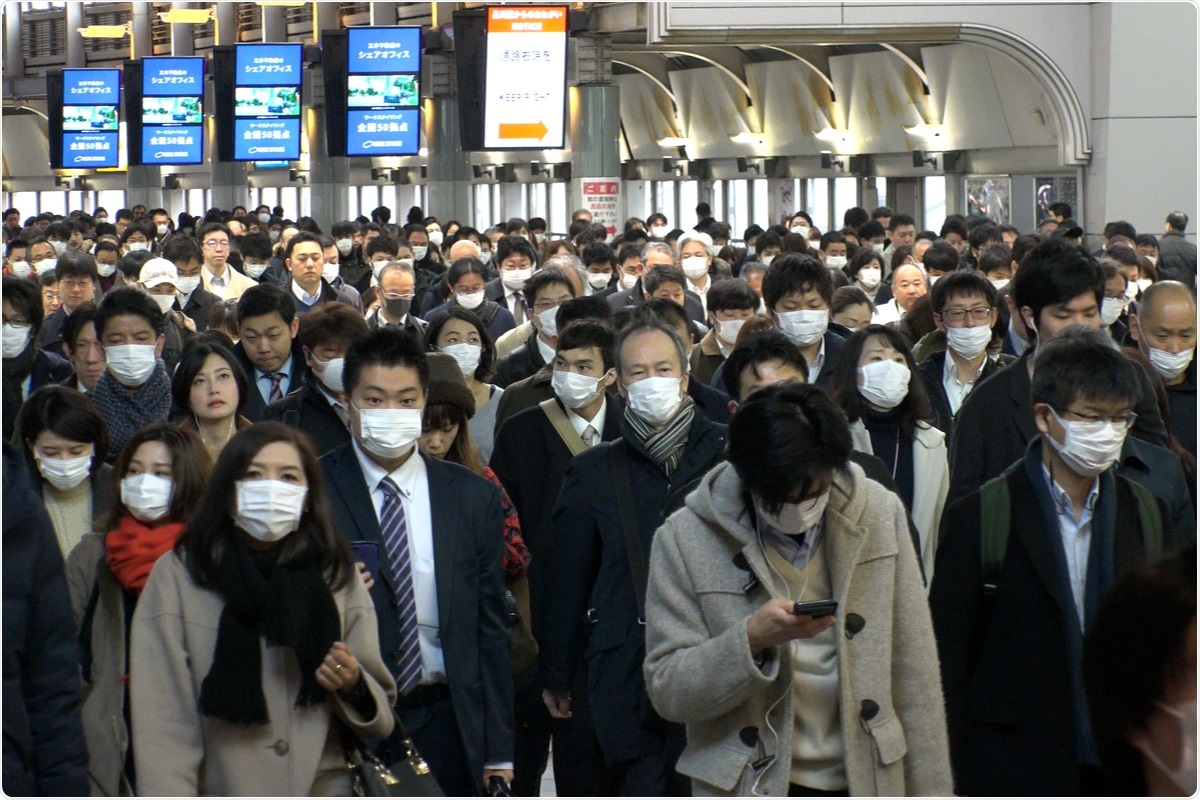Can face masks protect against severe acute respiratory syndrome coronavirus 2 (SARS-CoV-2) infection? Faruque Ahmad, MD, recently explored the role of face masks in mitigating the coronavirus disease 2019 (COVID-19), caused by SARS-CoV-2, and potential alternatives that might mitigate its spread. In doing so they highlight some of the complications of universal masking and suggest other practices that might also help curb SARS-CoV-2 transmission. The researcher published their study in the latest issue of Saudi Pharmaceutical Journal (2020).

SARS-CoV-2 is believed to commonly spread through respiratory droplets when an infected individual comes into contact with an uninfected individual. Among the mitigation strategies employed in many countries, then, it has been highly recommended, if not mandatory, that individuals wear face masks when out in public and when interacting with individuals outside of their households. Face masks have thus been integrated into public health policy guidelines to minimize the virus's transmission in many parts of the world.
Because presymptomatic carriers are thought to be responsible for 50% of SARS-CoV-2 infection, a marginal decrease in community transmission with masks might make a big difference. This is despite the fact that “strategic measures of face masks exhibit a false sense of security and may lead to death in specific groups of the people,” suggests Ahmad.
However, under certain circumstances, the researcher suggests that wearing a face mask may provide a false sense of safety and lead to a decline in social distancing and handwashing compliances. Moreover, being a new common practice for most, the level of mask safety may also not be achieved by all and lead to non-compliance in its use, reuse and disposal, potentially increasing the chances of transmission.
Furthermore, in the case of certain conditions such as chronic obstructive pulmonary disease (COPD), acute and chronic respiratory infection, asthma, apnea and dyspnea, etc. it is also advisable to avoid face masks and maintain social distancing and other recommended measures. Restrictive respiration due to a face mask may change the concentration of carbon dioxide in the blood, leading to further complications in this sensitive group. Likewise, during exercise, wearing a face mask is inadvisable.
The present United States Health care Infection Control Practices Advisory Committee (HICPAC) guidelines recommend wearing face shields during the handling of patients, particularly for SARS-CoV-2 and avian influenza. Studies show the benefits of viral protection in face shields (96%) and physical distancing (92%).
Greater protection, repeated use, easy to clean: these are the major advantages of using a face shield, without any of the irritation or discomfort that a face mask may cause, suggests Ahmad. While face shields are enormously useful, social distancing – the age-old, time-tested method – remains the most effective in controlling the spread and preventing fomites infection.
As many countries are facing a second wave of the pandemic surge, the author calls for searching alternates to the face mask.
Overall, the researcher emphasizes that the face shields and social distancing could be better substitutes for face masks for certain groups of people and/or in certain contexts (COPD, acute and chronic respiratory disease, outdoor exercise, old age, underlying medical conditions, and hypercapnia sensitive groups). However, further clinical studies are required to be carried out, the author cautions.
The Centers for Disease Control and Prevention (CDC) currently recommends that: "Everybody should use a cloth face cover in a public place but it should be avoided to be applied on children who are below 2 years or someone who has breathing difficulties, incapacitated or incapable to remove face mask without others assistance.”
While other alternatives may help, as this recent study shows, wearing masks in public remains a crucial preventative measure to mitigate SARS-CoV-2 transmission. The study also highlights the public health risks associated with mask-wearing-based complacency with other crucial mitigatory measures, such as social distancing and hand hygiene.